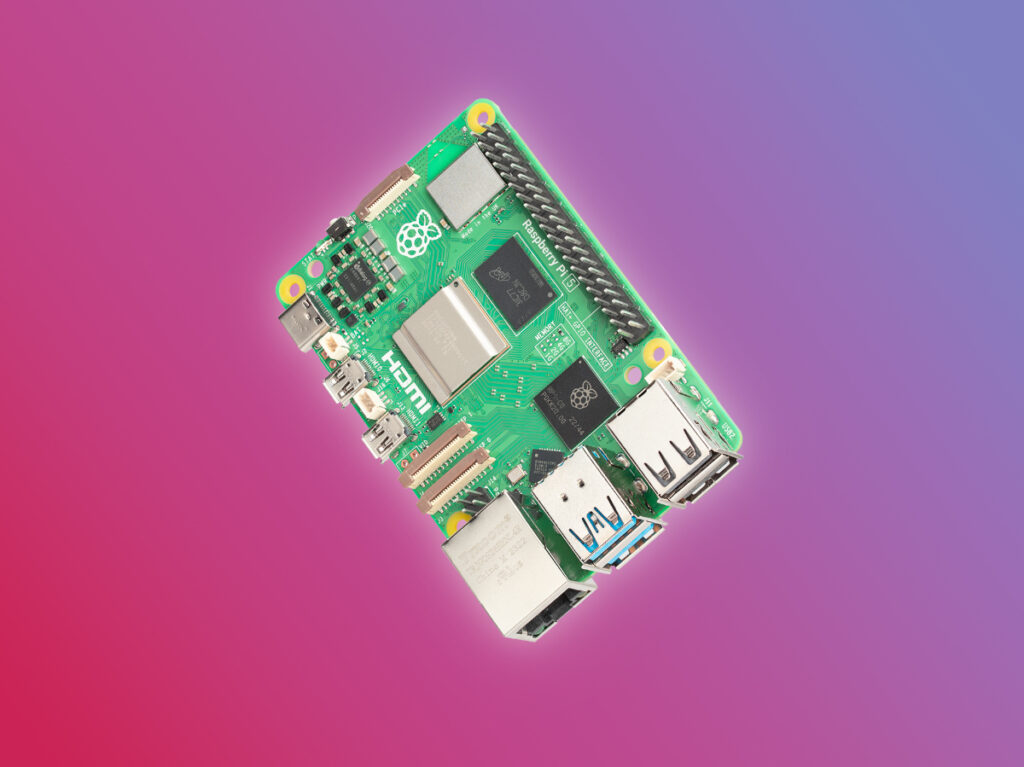Yeah, I’d write this as a single update script with options to update vimplugins or update pkg or update all.
I see that you want it to be a function so you can get the chdir as a side effect, but mixing that with updating doesn’t make sense to me.







Yeah, most distros will set up
sourcechains to make things nicer for users.